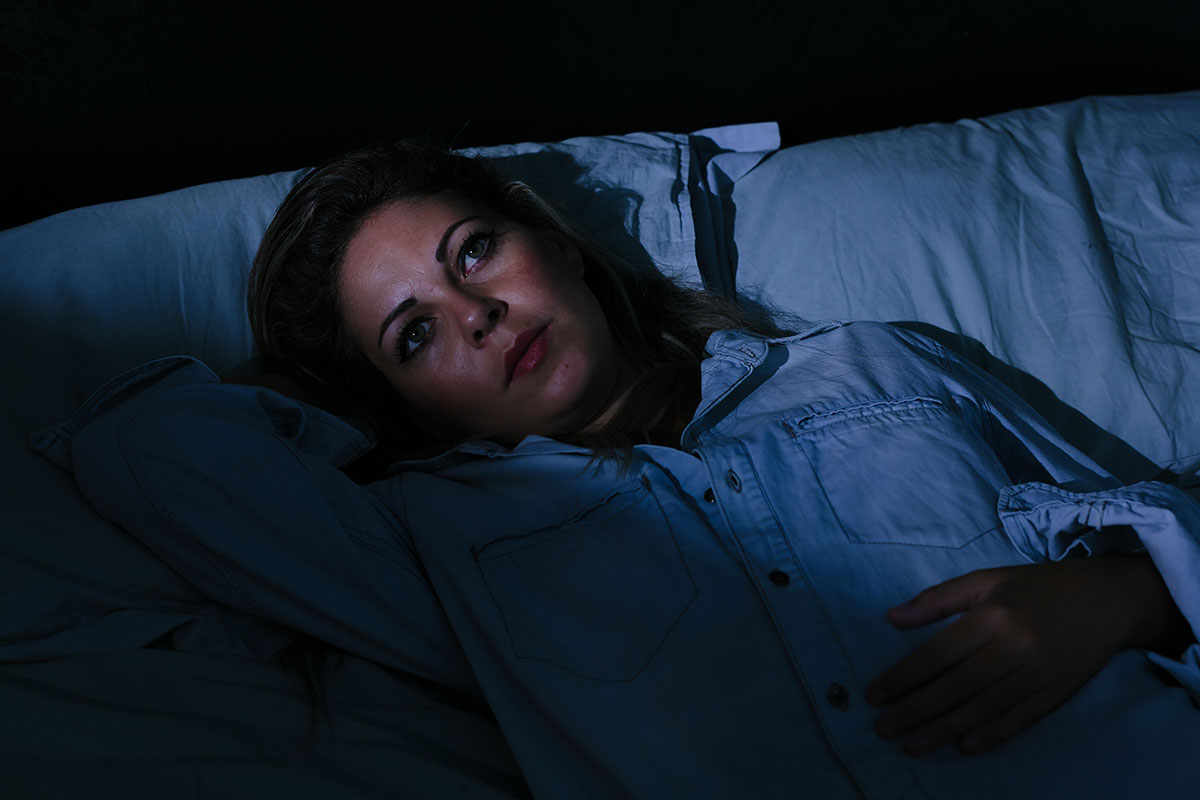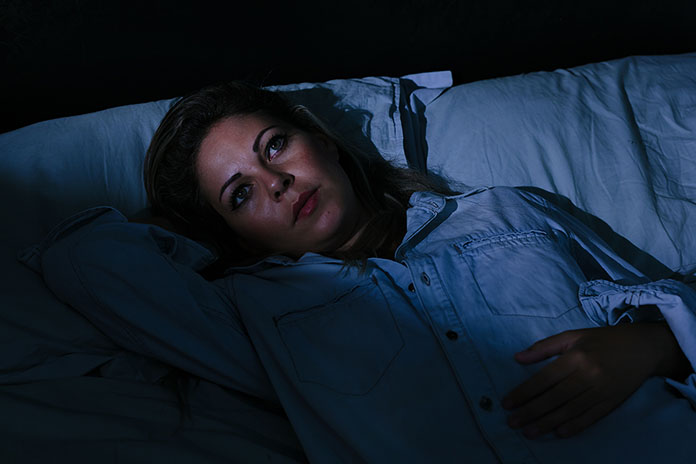
The vast number of people who suffer from insomnia is on the rise. An estimated 60 million Americans have some kind of sleep disorder, and roughly half of all adults report having sleep problems at one time or another.
The impact from insomnia is global and far-reaching. People who have sleep problems have difficulties functioning during the day, are more likely to miss work, and are at risk for safety issues and accidents. Lack of good sleep also takes a personal toll. It can leave you feeling irritable and tired. If you struggle with sleep disorders, you are also at a higher risk for several health conditions, such as heart disease, elevated blood pressure, stroke, obesity and type 2 diabetes. In addition, insomnia also increases your risk for mental health problems, such as anxiety, depression, and lack of concentration.
Types of Insomnia
You may experience insomnia in a number of different ways, and those variations give your health provider clues as to what’s going on and how to treat it. Your insomnia may be chronic, occurring over weeks, months, or years; or it can happen in clusters of several nights at a time. How your insomnia occurs over the course of a night can also vary widely. You may have difficulty falling asleep, wake several times during the night, wake early and not be able to get back to sleep, or not sleep at all over the entire course of a night. Your sleep problems are considered primary if they’re not caused by a health issue. However, neighborhood noise, light, or even jet lag can also be a source of primary insomnia. When a health issue is contributing to your insomnia, it’s considered to be secondary. Some common causes of secondary insomnia are:
- Pain conditions
- Stress, anxiety, or depression
- Hormonal imbalances, including menopause, PMS, and thyroid issues
- Restless leg syndrome
- Pauses in your breathing, called sleep apnea
- The side effects of certain medications
- Caffeine, tobacco, or alcohol use
Treating Insomnia
Traditional Western treatments for insomnia often involve prescription medications. However, these medications can alter the quality of your sleep, and many people prefer not to take them. As a result, many have turned to acupuncture and Chinese medicine for help. Their decision is supported by research, as scientists have found in several studies that patients who have been treated with acupuncture report improved quality sleep duration of sleep.
Acupuncture helps sleep problems in a number of ways. It works to reduce stress, helps balance your hormones, relieves pain, decreases inflammation, and alleviates digestive problems; all of which may contribute to your sleeplessness. In Chinese medicine, insomnia may be caused by one or more diagnostic patterns of imbalance, and your practitioner will work with you to uncover the source of your sleep problems. They will often combine acupuncture with other treatments, including:
- Auricular (ear) acupuncture, which is helpful in relieving stress and reducing pain that may interrupt your sleep.
- Heat therapy to help relax sore or tense muscles, relieve pain, and address other health conditions.
- Chinese herbs, which are a way to treat the underlying cause of insomnia, as well as to support your acupuncture treatments. There are a number of herbs that help address sleep issues, and they are combined into a formula specific to your diagnosis.
- Dietary therapy may be used to reverse nutritional deficiencies, identify and eliminate stimulating foods, decrease inflammation, and treat digestive problems that may be interrupting your sleep. Chinese dietary therapy is individualized and involves recommendations on food selection and preparation that are best-suited to your individual needs.
- Lifestyle counseling, which involves strategies and changes for getting better sleep.
While lifestyle changes may seem like an unlikely fix, there are a few common changes that can help you sleep better. They include sleeping in a cool and dark room and turning off your computer, TV, and any other screens at least an hour before going to bed. Because your body works hard to digest your food, it’s also recommended that you’re done eating at least two hours before bedtime. In addition, keeping a regular sleep schedule by going to bed and getting up in the morning at roughly the same time may also help, because your body will adjust to becoming tired and waking at your chosen times. It’s also suggested that you wind down before bed; to slow down, relax, and prepare your body for sleep. Many people try to go from daytime activity levels straight to bed, expecting to be able to fall asleep. However, your body needs time to slow down and move into the quiet mode that will allow you to sleep.
The bottom line is that insomnia affects millions of people, and the impact of not sleeping can be overwhelming. It can leave you feeling exhausted, irritable, unable to concentrate, and it may affect your overall health. The good news is that there are a number of treatments for insomnia including acupuncture and Chinese medicine, which offer effective and personalized strategies to help you sleep better.

Cindy Chamberlain is an acupuncturist in Overland Park, KS and the founder of Eastern Healing Solutions, LLC. She is licensed in Kansas and Missouri and has been practicing traditional Chinese medicine since 1996.


